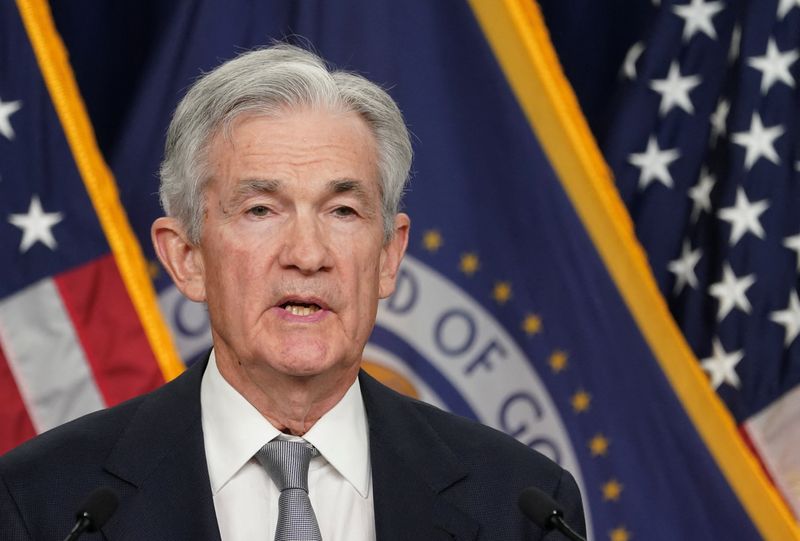Citigroup strategists expect the Federal Reserve to start cutting interest rates in June, the bank said after the Personal Consumption Expenditures (PCE) for February was relesed today.
Citi's projections are now more in line with the Federal Reserve's expectations for the upcoming easing cycle. In a research note, the strategists said they expect Chair Jerome Powell to maintain a dovish stance despite recent hawkish signals from other Fed officials.
The bank's economists are closely monitoring inflation dynamics, with particular focus on the core PCE price index, the Fed’s favored inflation metric as it directly tracks how much Americans spend on less volatile items.
Core PCE inflation in February rose 0.26%MoM and was revised higher to 0.45% in January.
“We expect a stronger ~0.30% increase in core PCE in March given stronger medical and financial services,” Citi’s economists said in a separate note.
Citi’s analysis follows remarks from Federal Reserve Governor Christopher Waller, who indicated that stronger inflation readings could be a barrier to kicking off rate cuts early. He outlined how the central bank could return inflation to its 2% target without the typically associated rise in unemployment.
That said, the contrasting perspectives within the Federal Reserve highlight the challenge of navigating between inflation risks and indicators of a cooling labor market. Despite recent increases in inflation data, Powell's attention stays on the overarching theme of disinflation, indicating that he is ready to relax monetary policy further if inflation continues to moderate.
Citi is also predicting a slowdown in job growth for March with estimates to create 150,000 new jobs, a decrease from the robust figures seen in previous months. This anticipated deceleration, together with additional signs of a softer labor market, underpins the case for upcoming rate cuts as a strategy to support economic stability.
“We continue to expect officials will have enough evidence in inflation data to justify rate cuts starting in June, and that weaker labor market data will lead to 125bp total of cuts this year,” the team of analysts added.
